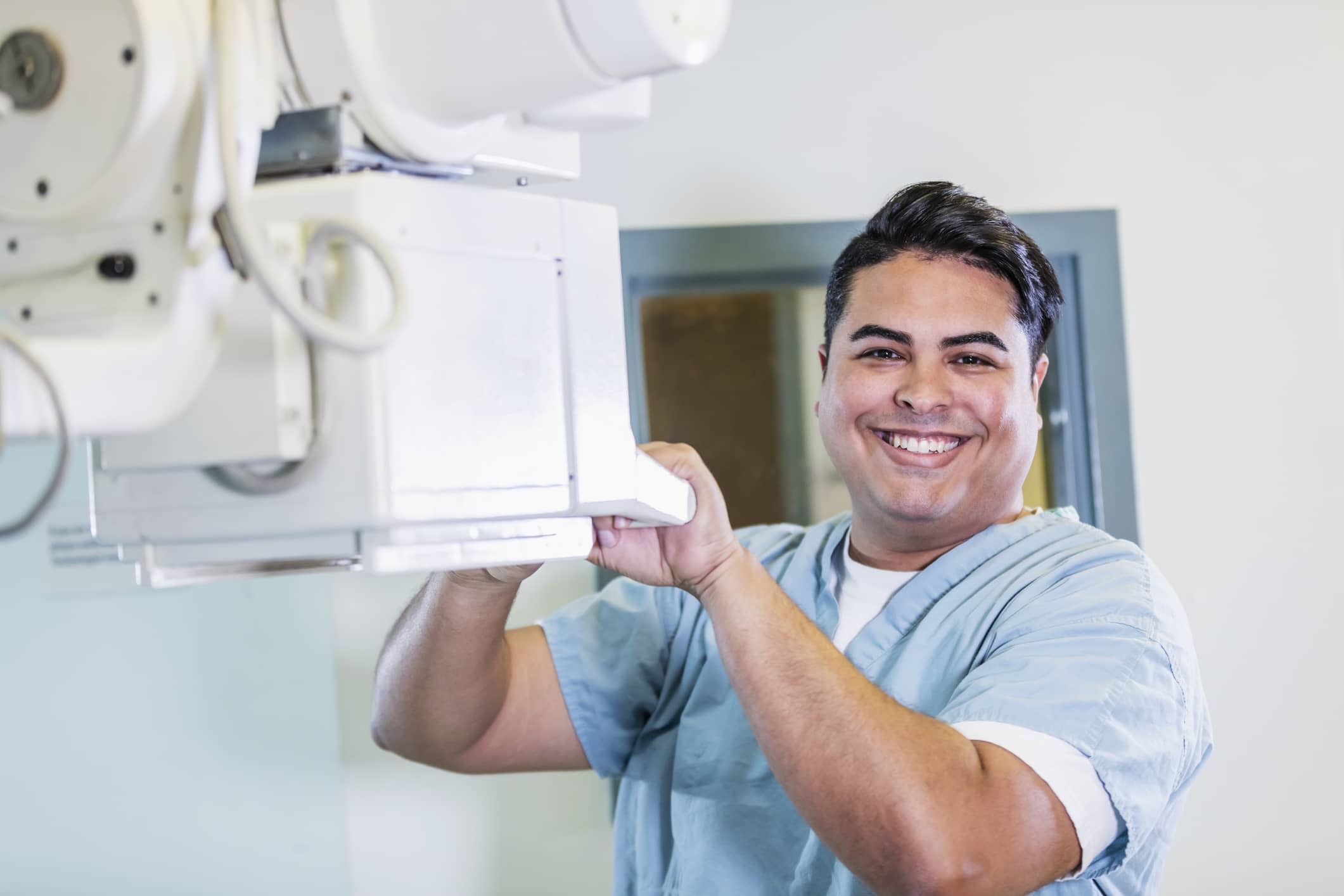
Spotlight on Medical Laboratory Professionals, During COVID-19 and Beyond
Medical laboratory professionals — which include medical technologists (MTs), sometimes referred to as medical laboratory scientists (MLSs), and medical laboratory technicians (MLTs) — are facing a personnel shortage exacerbated by the COVID-19 crisis.
Medical laboratory professionals — which include medical technologists (MTs), sometimes referred to as medical laboratory scientists (MLSs), and medical laboratory technicians (MLTs) — are facing a personnel shortage exacerbated by the COVID-19 crisis.
Many sources have reported on the laboratory workforce shortage, with varying projections for the future:
- The U.S. Bureau of Labor Statistics’ most recent data predicts that demand for clinical medical technologists and technicians will grow by 7% between 2019 and 2029, which is faster than the average for other occupations.
- In 2018, The U.S. Department of Health and Human Services, Human Resources and Service Administration (HRSA) projected a substantial 22% increase in medical and clinical laboratory technologists and technicians between 2012 and 2025.
Medical Technologists and Lab Techs Needed for COVID-19
According to Patricia A. Tanabe, MPA, MLS (ASCP)CM, executive director, American Society of Clinical Pathology (ASCP) Board of Certification, and vice president, ASCP, the medical laboratory professional workforce faces a shortage for a variety of factors. These include an aging workforce, lower compensation compared to other healthcare professions of similar educational backgrounds (i.e., nurses), and difficulty recruiting individuals into the profession.
“The pandemic adds another layer of complexity due to the laboratory facing high demand for their services leading to long hours and physical and mental exhaustion,” she said. “Laboratory professionals often feel overlooked when we discuss ‘front line’ or ‘essential’ personnel fighting COVID.”
Tanabe pointed out that medical technologists and medical laboratory technicians are the individuals performing the COVID testing, in addition to all the other laboratory tests needed to inform the diagnosis and treatment of disease. And the pandemic has disrupted the schooling of future laboratory professionals.
“When the pandemic hit, medical laboratory science programs for MLSs and MLTs faced a number of difficulties,” she said. “Many of the students were not able to complete their clinical rotations within hospital laboratories and were unable to utilize student laboratories on campus as all classes had to switch to distance learning. In addition, universities and colleges are unable to do the ‘live’ recruitment they normally do to recruit students into the program or their college.”
Tanabe said that the medical laboratory profession also faces a visibility issue because it is not patient-facing. As detrimental as the pandemic has been, it has spotlighted the laboratory more and may in the future create more interest in the profession, she said.
How Do I Become A Traveling Medical Technologist Or Technician?
For MT/MS and MLT professionals looking to travel, there are many available positions in ideal locations all over the country. In fact, as of early December, AMN Healthcare reports hundreds of opportunities are available.
“The traveling medical laboratory professional is important at this time to fulfill critically needed MLSs and MLTs in locations experiencing shortages,” said Tanabe. “It is important to have traveling certified laboratory professionals so that they meet state-specific licensure requirements for laboratory professionals.”
Medical technologist Marisa Evans was one of seven students to graduate in the inaugural class of the Emory University Hospital Medical School of Technology. She started traveling in 2015 after working full-time for a large teaching hospital. She wanted to reap the benefits of visiting new places while furthering her workplace education.
“I wanted to go out into the world and into the nation to see what else is out there,” Evans said. “How would it be to work in a small, acute care hospital that may only have 25 beds or maybe a hundred beds?”
Today she enjoys the flexibility of making her schedule, working from January 1 to October 31 each year to enjoy the holidays in November and December with her family.

Before becoming a medical laboratory professional, you have to meet several MT/MLS or MLT requirements. According to Tanabe:
- Medical Technologist or Medical Laboratory Scientist (MT/MLS) refers to those individuals who have graduated with a baccalaureate degree and have successfully met the requirements of a national certification program (includes specific academic degree/coursework, training/experience, and successful completion of a certification examination).
- Medical Laboratory Technician (MLT) refers to those who have graduated with an associate’s degree and have successfully met the requirements of a national certification program (includes specific academic degree/coursework, training/experience, and successful completion of a certification examination).
Learn more about ASCP’s global certification for medical laboratory professionals.
Once you are certified by the ASCP as an MT/MLS or MLT, or certified by the American Medical Technologists as an MT or MLT, you need a minimum of one year of hospital-based lab experience to work as a traveling laboratory professional. At that point you can apply with AMN Healtchare, and you’ll be connected with a recruiter who will get you on your way.
“This is a healthcare profession where you are helping patients by providing the information needed for the diagnosis and treatment of disease as well as the maintenance of health,” said Tanabe. “I became a medical laboratory scientist because I felt that this profession enabled me to work in healthcare, use my love of science and help solve the mystery of why a patient is sick.”
AMN Healthcare has hundreds of assignments for medical technologists and medical lab technicians across the U.S.
Additional Allied Travel Resources
While you continue your search for the perfect allied healthcare position, AMN Healthcare provides great resources to keep your career moving in the right direction. Begin the application process now, and then learn more about how AMN Healthcare can help you keep your career on the move.
- EAP: Our allied travelers gain access to a valuable set of Employee Assistance Program benefits.
- Allied Travel Jobs by Specialty: Explore allied jobs and learn about hourly salaries and the benefits of working in travel jobs.
- Search All Allied Jobs: Uncover new possibilities in your allied career by exploring both short and long-term options.
- Allied Healthcare Jobs: Learn how we can help move your career in amazing directions, both professionally and geographically by exploring opportunities by each state.
- More Allied Resources: Use the content here to learn everything you need to know about our allied recruitment process, including information on salary and benefits.



